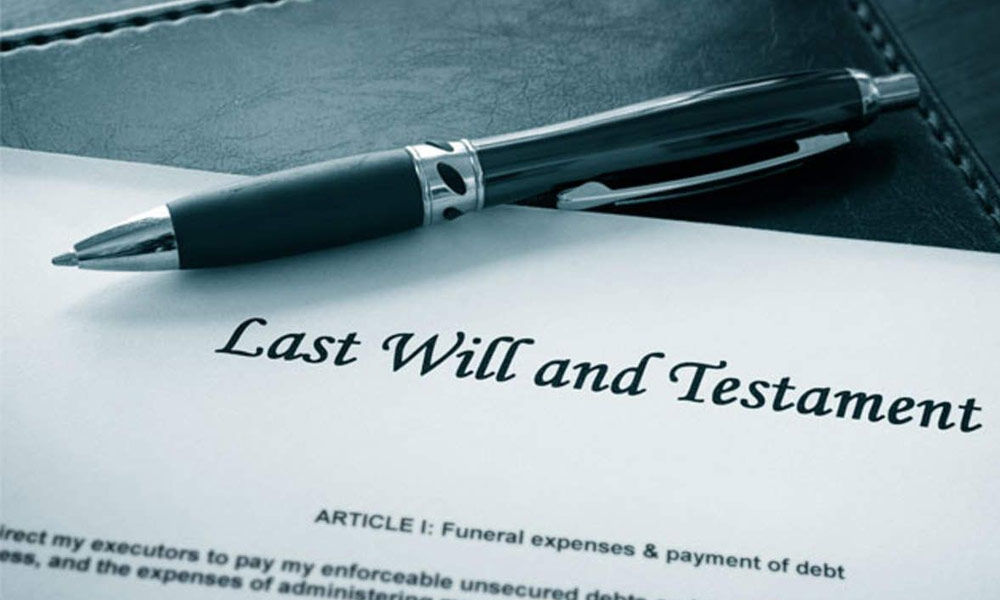by Daniel Wilson
8 April 2024
A self-proclaimed Lord has successfully defended an appeal by his step-siblings that he that is entitled to all of his late mother’s estate.
In 2017, Reginald and Maureen McLean made Wills which split their estate equally between their son, Brett, and Reginald’s three children from his first marriage. After Reginald passed away in 2019, Maureen changed her Will to leave everything in her estate to Brett, a self-proclaimed Lord.
In a claim brought by the other three siblings, after Maureen had passed away, they argued that they were entitled to a quarter of the estate each. The main bulk of the estate was the house, thought to be worth around £300,000 – £400,000.
Brett argued that his mother had left him the house so that he could “continue to provide care for her green Amazonian orange-winged parrot.”
In 2022, a County Court judge ruled in Brett’s favour, but his step-siblings appealed this decision. In May 2023, the High Court held that Brett was free to inherit all of his mother’s estate, and the appeal was dismissed.
So, what does this judgment mean?
This judgment tells us that there is no legal obligation to include particular people in a Will, and often the court will be bound by the wording in the deceased’s Will rather than amending the Will post-death.
It is worth noting that is it possible for children from a previous relationship to have assets ring-fenced for them, if the Will is drafted properly. This avoids the scenario discussed above, where surviving step-children are cut out of the Will.
If you would like advice on preparing your own Will, please contact Daniel Wilson, or another member of the Living team.
Speak with us

